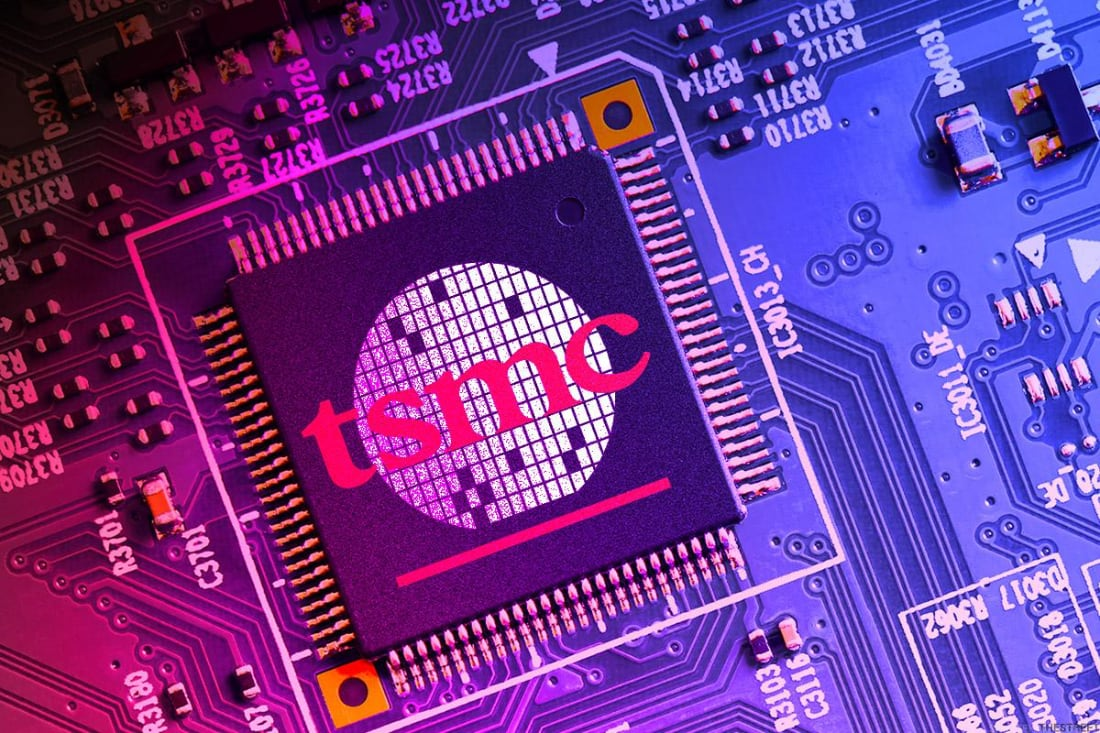Taiwan Semiconductor Manufacturing Company (TSMC), the world’s largest contract chipmaker, announced on Thursday a significant 54% increase in net profit for the third quarter, largely driven by rising demand for AI-related applications. The company posted a net income of 352.3 billion Taiwanese dollars (approximately $10.1 billion) for the July-September period, surpassing an estimated 300.2 billion Taiwanese dollars, according to LSEG data.
TSMC, which counts major technology companies such as Apple and Nvidia among its clients, saw its net revenue climb to $23.5 billion in the third quarter, marking a 36% year-on-year increase. The company’s gross margin also improved, rising to 57.8%, compared to 54.3% in the same period the previous year.
“Our business was supported by strong smartphone and AI-related demand for our industry-leading 3nm and 5nm technologies,” TSMC stated, reflecting the growing global reliance on advanced semiconductors for AI and mobile applications.
In addition to its impressive profit, TSMC’s shares, listed on the Taipei Stock Exchange, have surged nearly 75% year-to-date, highlighting strong investor confidence in the company’s future growth prospects amid the AI-driven semiconductor boom.
Capital expenditure for TSMC edged slightly higher during the third quarter, reaching $6.4 billion, up from $6.36 billion in the previous three months. This increase reflects the company’s ongoing efforts to expand its production capabilities, especially to meet rising demand from the U.S. market.
In line with its global expansion strategy, TSMC is investing $40 billion to construct two chip plants in Arizona, part of its broader commitment to meet U.S. semiconductor needs. Additionally, the company opened its first manufacturing facility in Japan earlier this year.
TSMC’s positive results contrast with recent news from ASML, a key supplier of chip-making equipment to TSMC, which issued a lower-than-expected sales forecast, sending its shares down. Despite such concerns, the AI boom continues to fuel optimism, though some market watchers question the long-term sustainability of this growth. Notably, Foxconn’s CEO, Young Liu, commented last week that the AI frenzy “still has some time to go,” suggesting that advancements in AI models will continue to drive the demand for cutting-edge semiconductors.


















